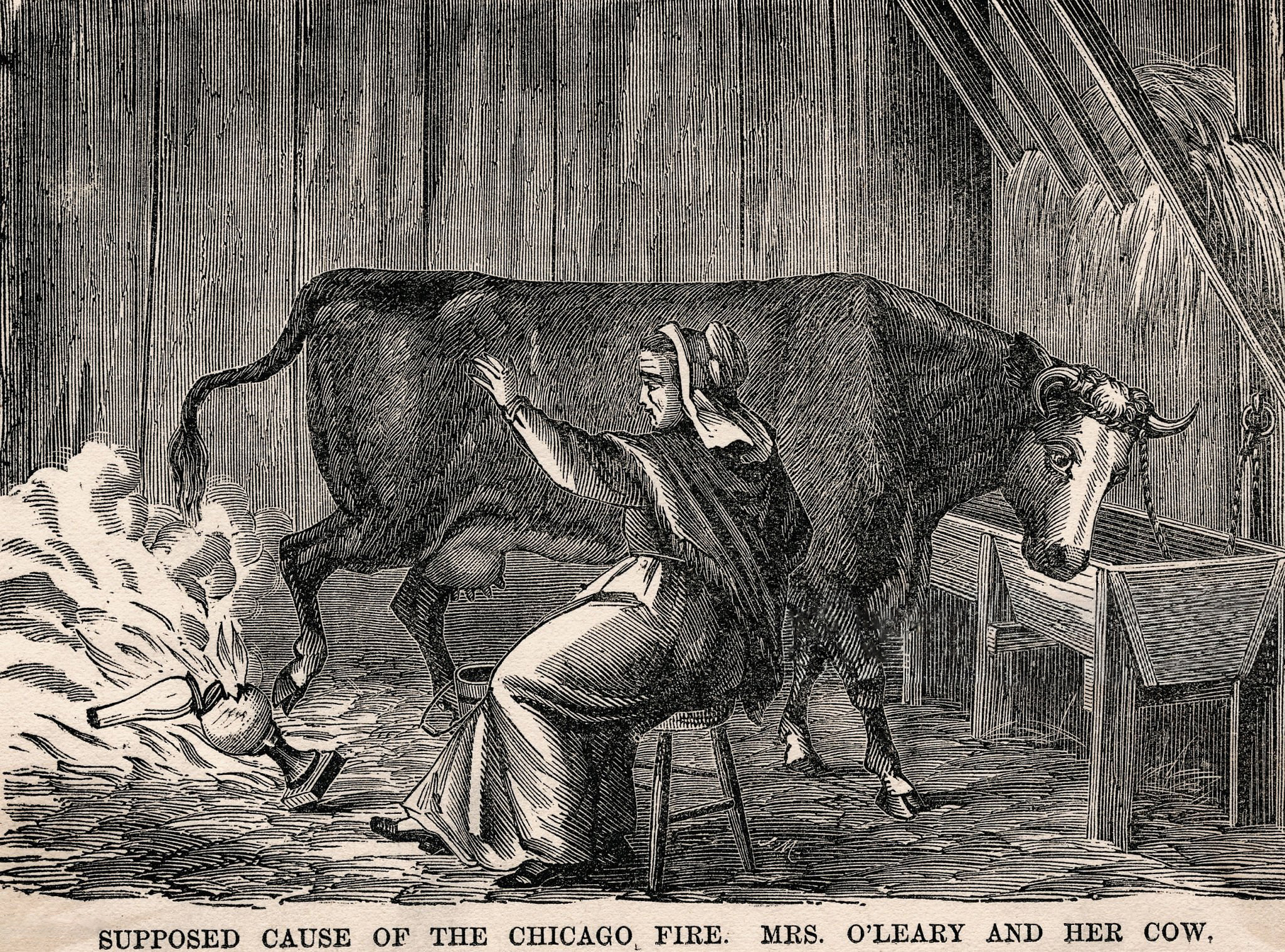Warning: Undefined variable $num in /home/shroutdo/public_html/courses/wp-content/plugins/single-categories/single_categories.php on line 126
Warning: Undefined variable $posts_num in /home/shroutdo/public_html/courses/wp-content/plugins/single-categories/single_categories.php on line 127
“The Great Conflagration” by Bessie Bradwell Helmer gives us a narrative that is easy to follow and while it does make for a enjoyable read, this narrative offers up ideas on what had transpired when the fire began to rapidly spread across Chicago. Helmer begins by informing the reader that fires were a common occurrence and that there were several the week before the great fire. Perhaps Helmer added this brief bit of information to suggest that the great fire so happened to be in the same category as previous fires but had clearly spiraled out of control to the point of severe devastation. I agree with @derekjawhu who stated “the reaction from people that saw the fire in Chicago from a distance would be the same as it would today”, despite technological advances we’ve made, people’s reactions to disasters seemed to be mainly that of concern and less of pure fear or terror as they feel that they can rely on the professionals to carry out the jobs of containing and/or eliminating disasters.
Understanding whether or not this great fire was natural or not is something that Helmer intentionally does not attempt to give a conclusive answer to, stating that “the exact particulars of origin are unknown”. But Helmer does plant the seed of curiosity in readers minds’ as to figure out the true identity of the great fire. Helmer adds in a wry sense of humor in proposing that “a kick from a cow would have been sufficient” in starting the fire, further showing that this narrative is not geared towards academics. While evidence as to the origins of the fire remain inconclusive, it can be widely agreed that the rapid spread of the fire was a result of the sheer number of wooden buildings in the area that had accelerated the spread of fire. In this respect, one may argue that the great fire was unnatural in the sense that human-made buildings caused the fire to spread which explains “how” it spread, but that does not answer the question of “how” in regards to how did the fire start in the first place?
This question is something that I believe is one that intentionally does not have a clear-cut answer. For historians, its questions like these that drive meaningful research and exploration into studying disasters, be they natural or unnatural.
